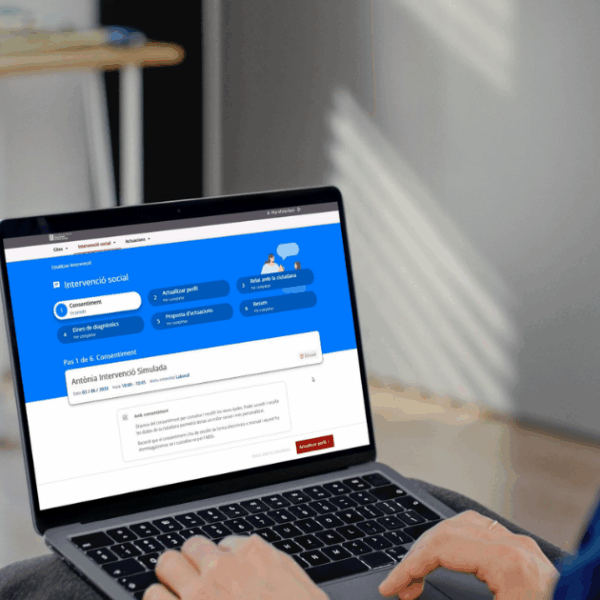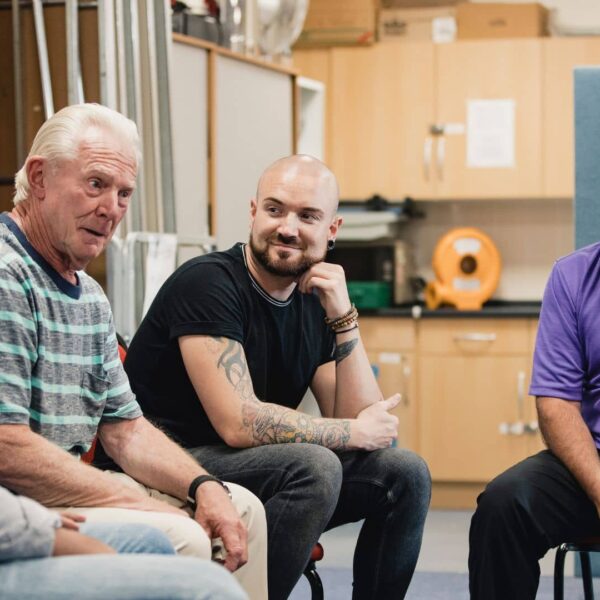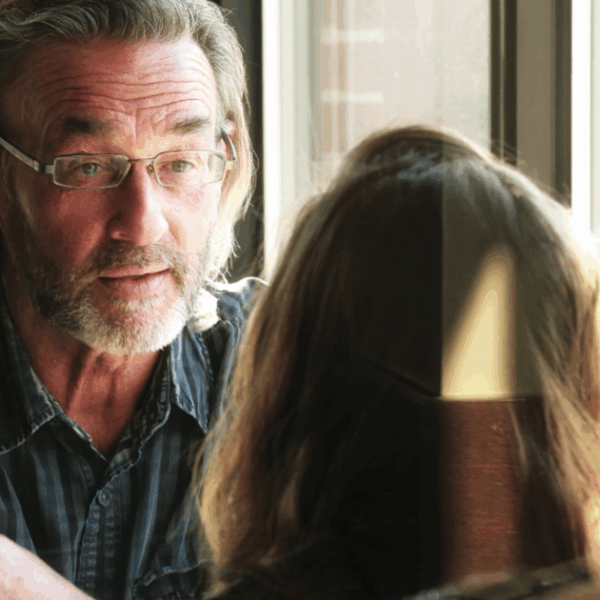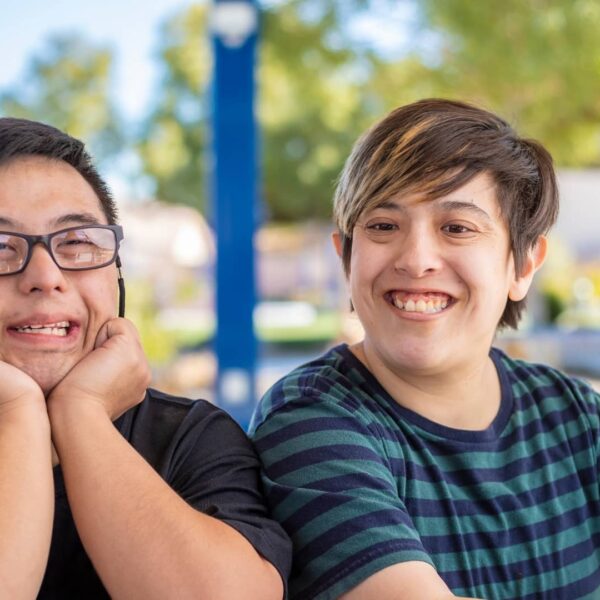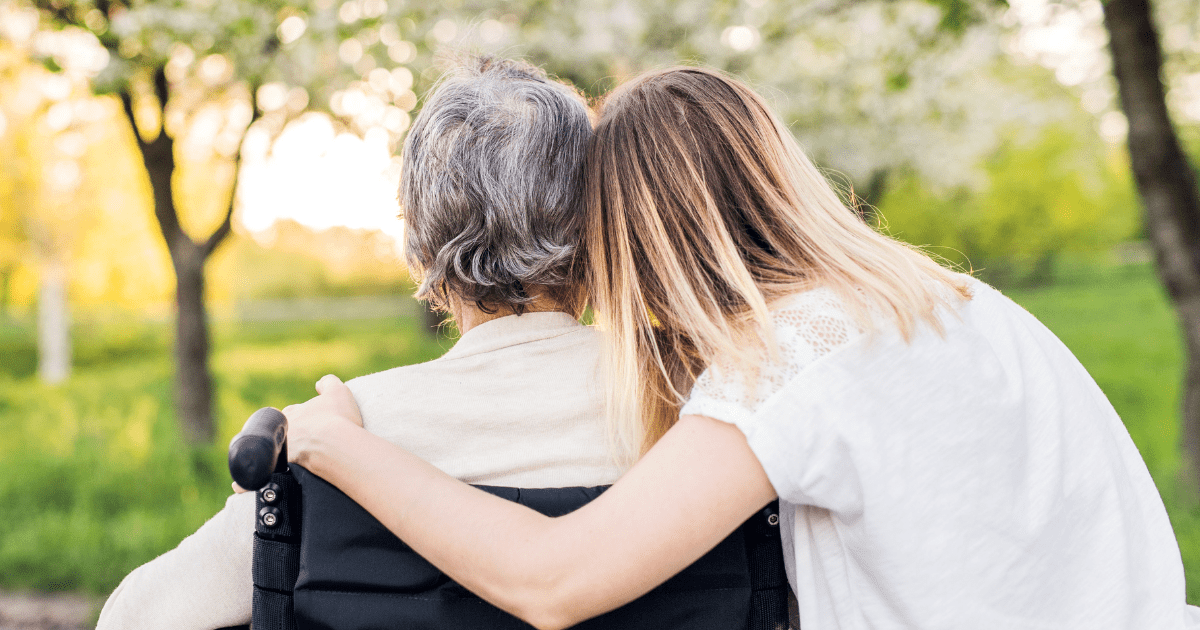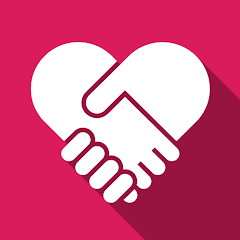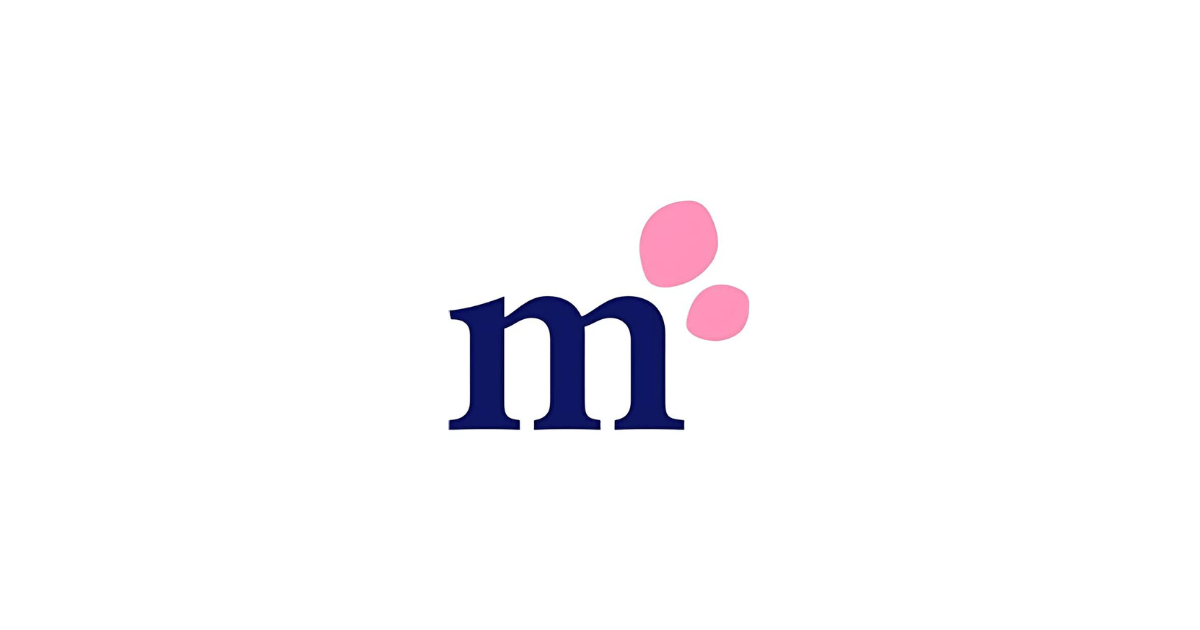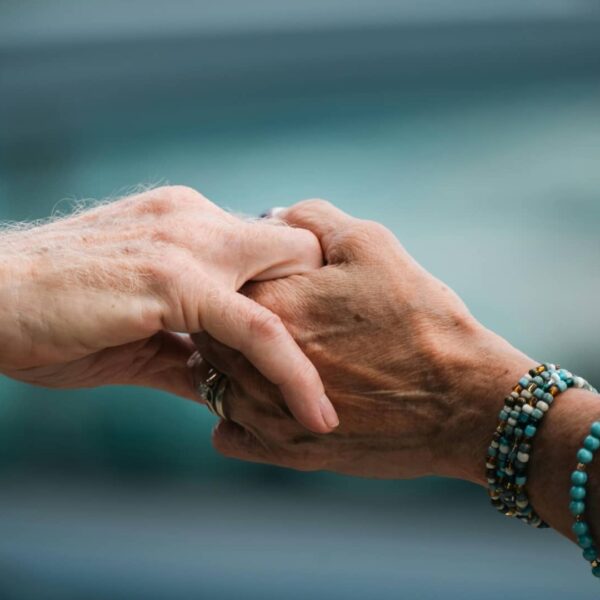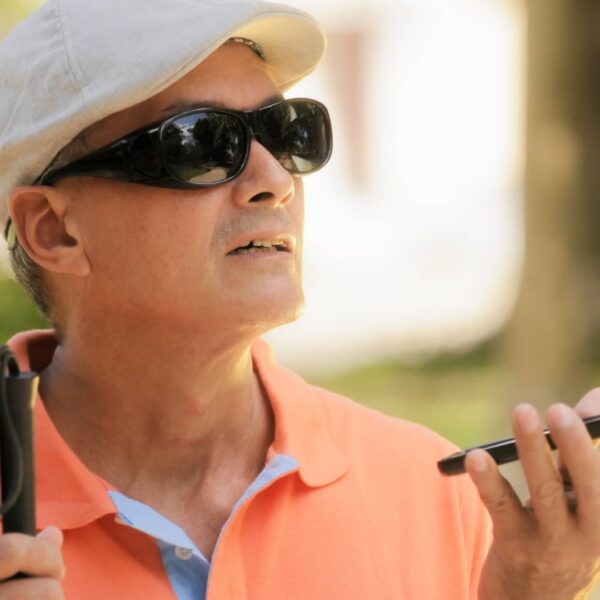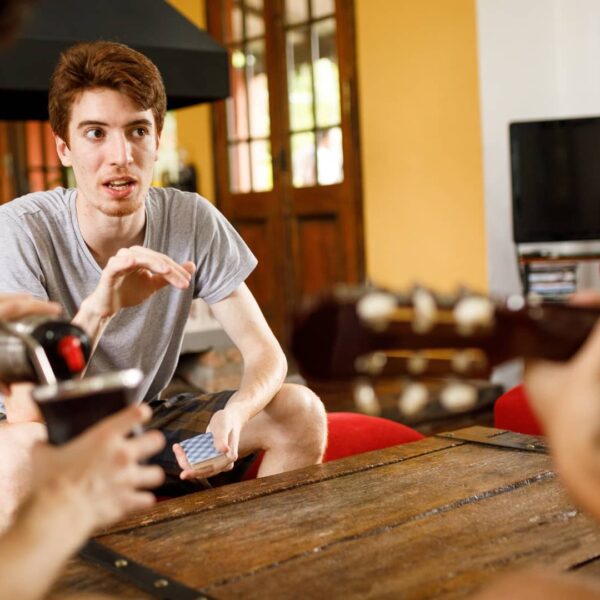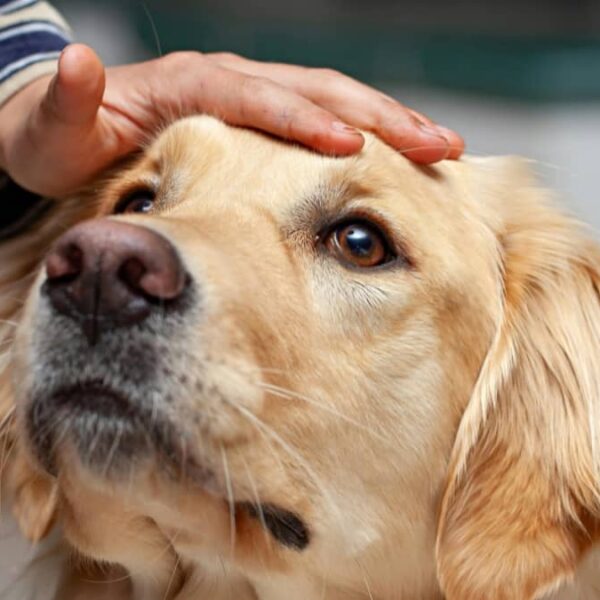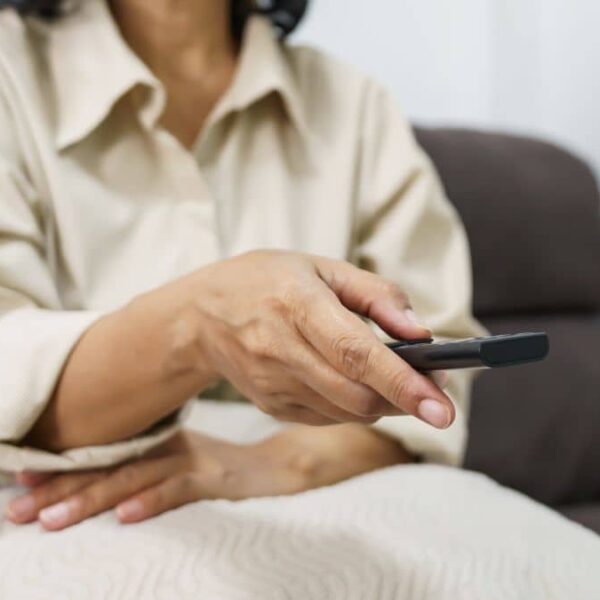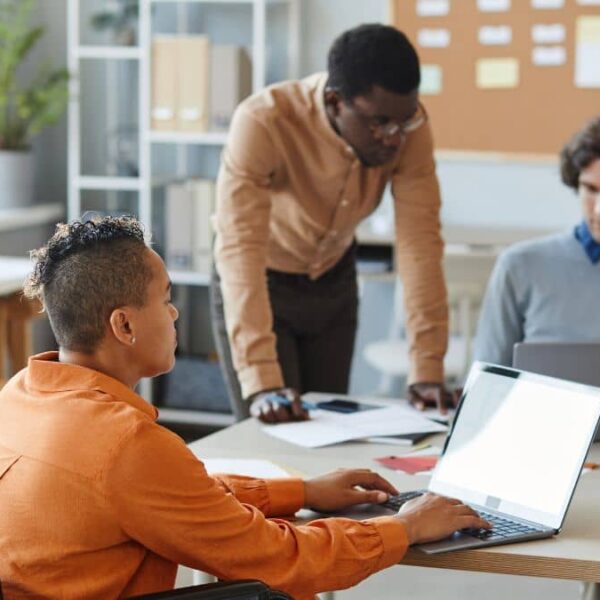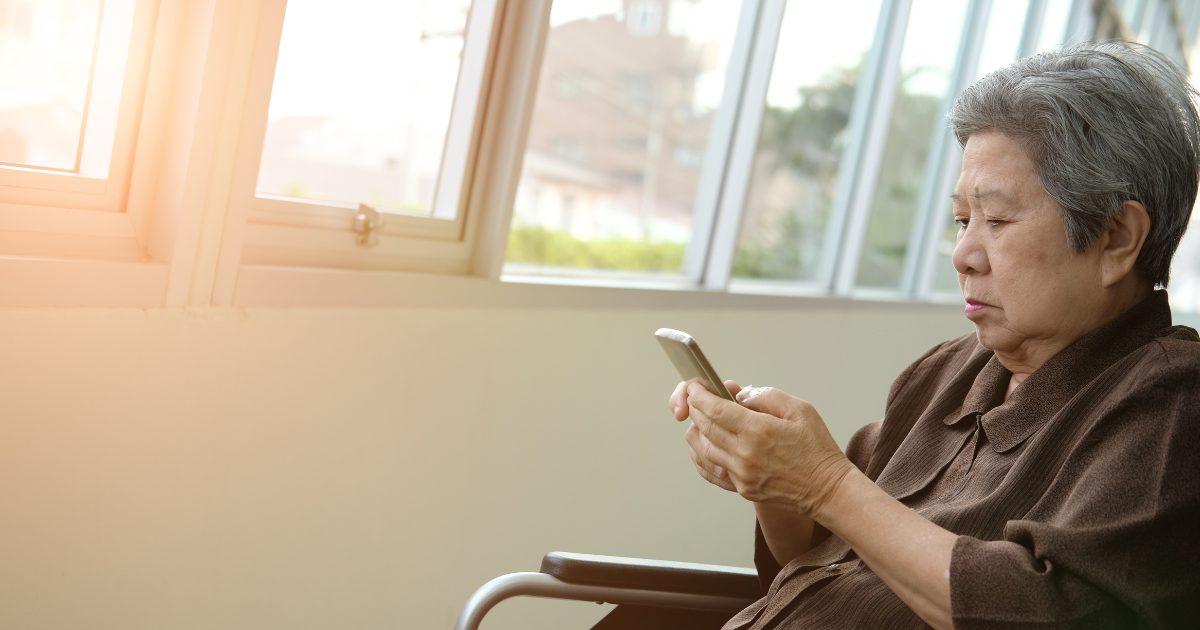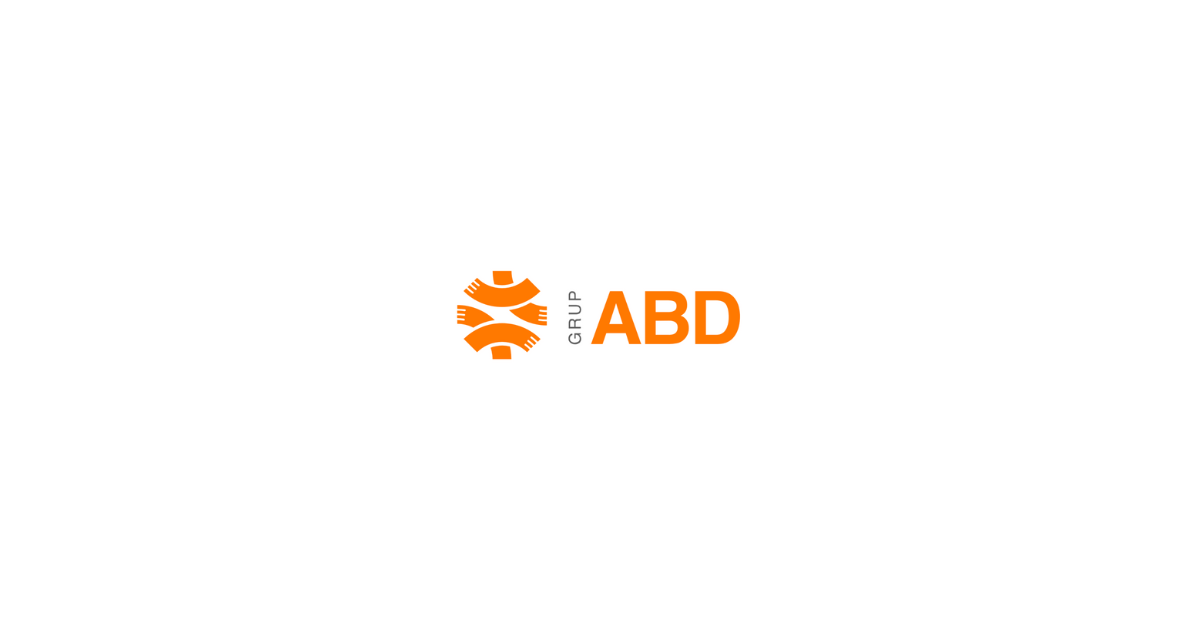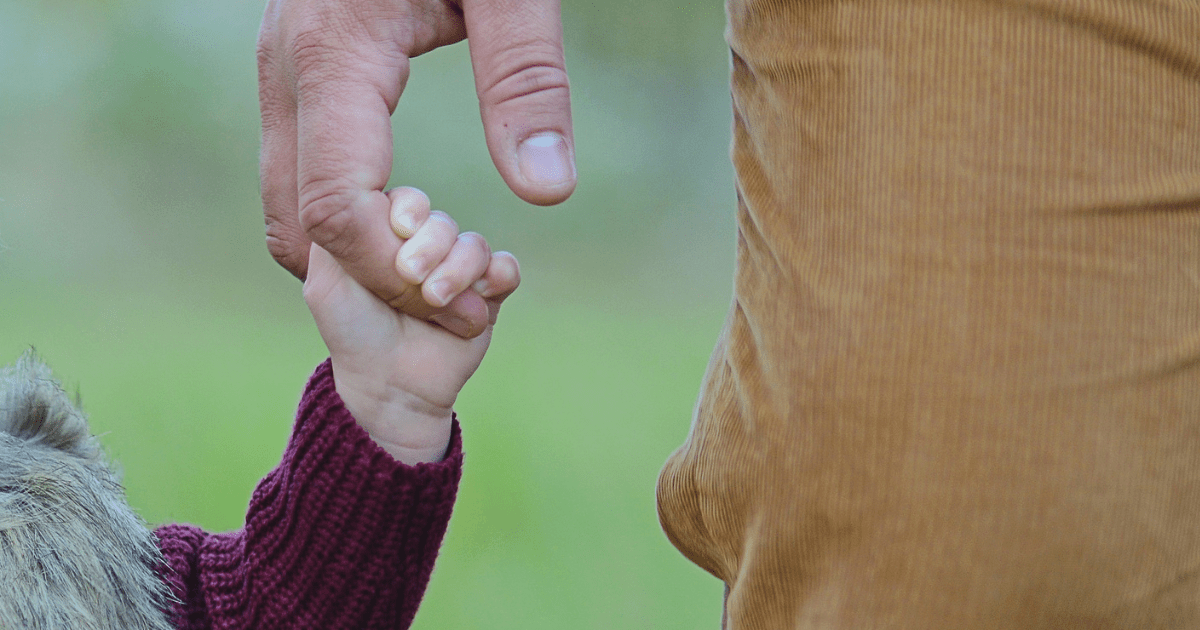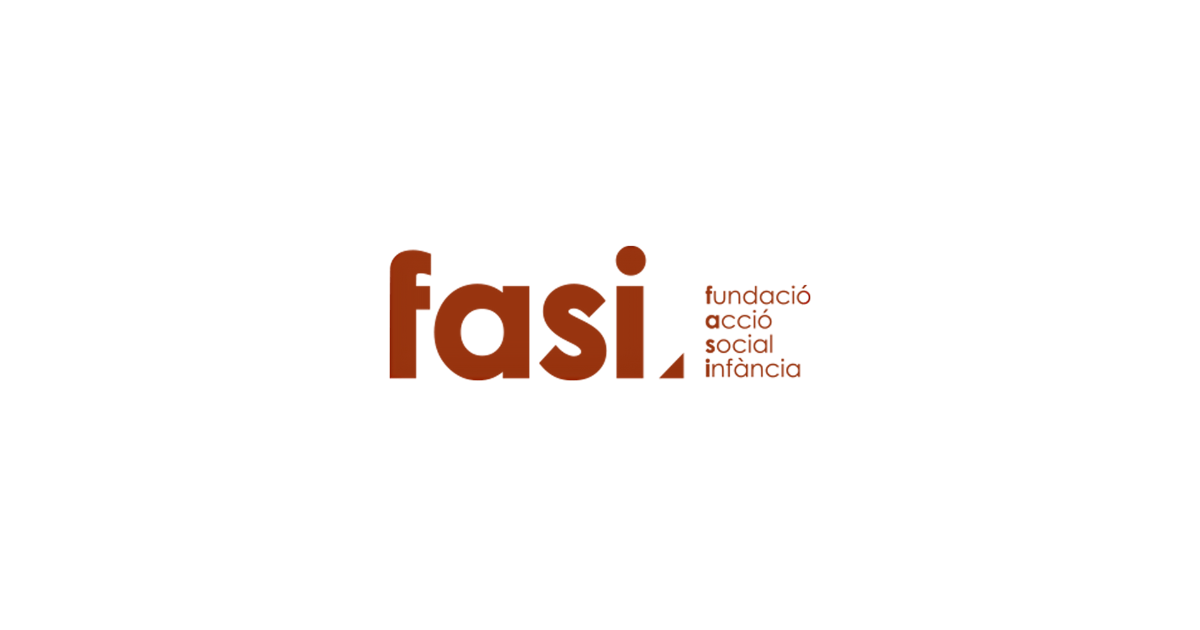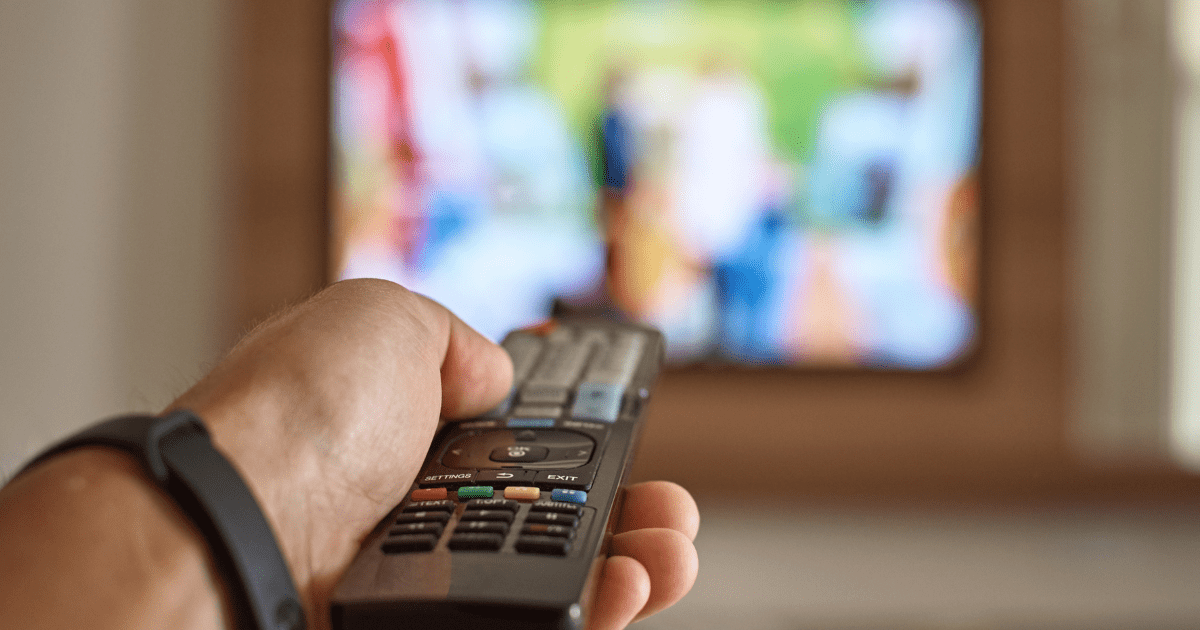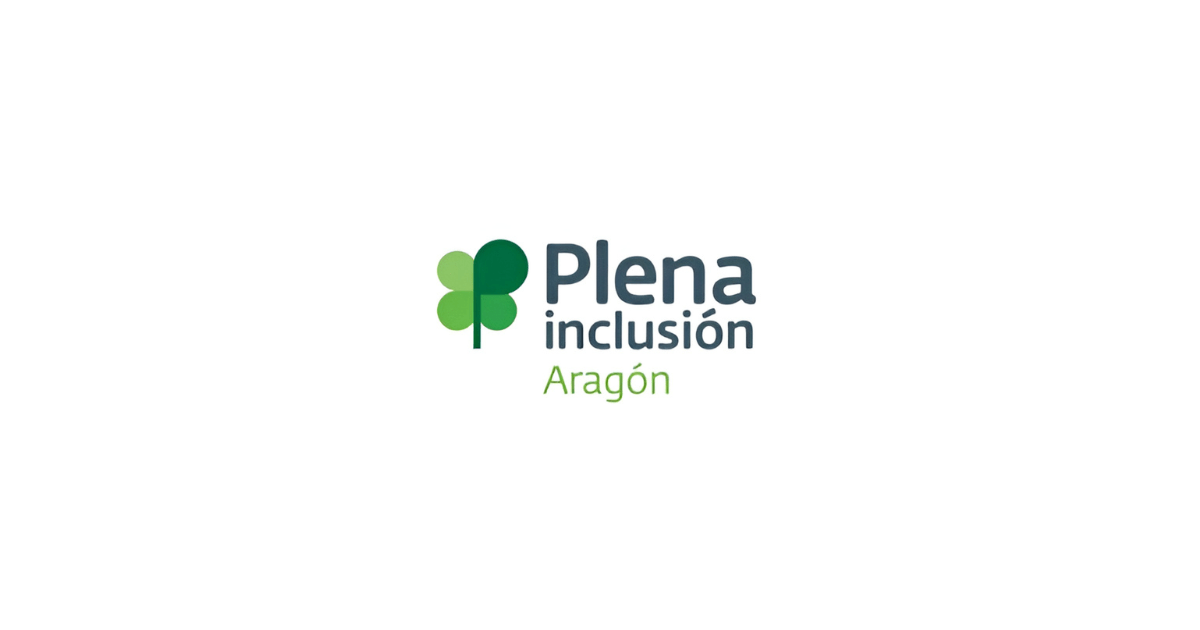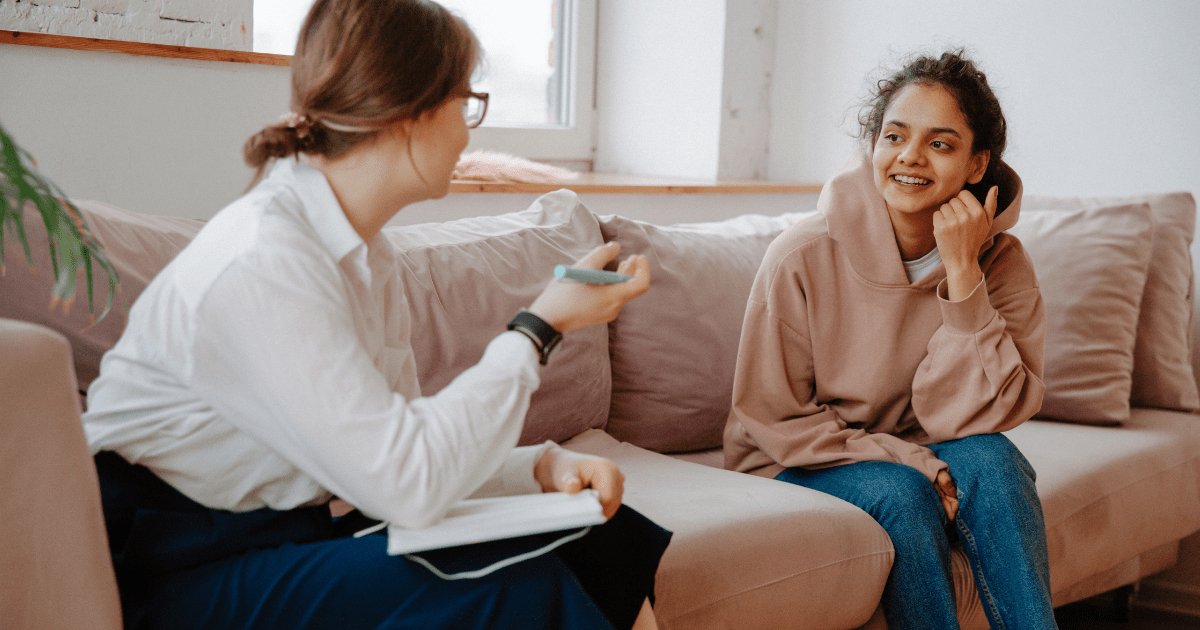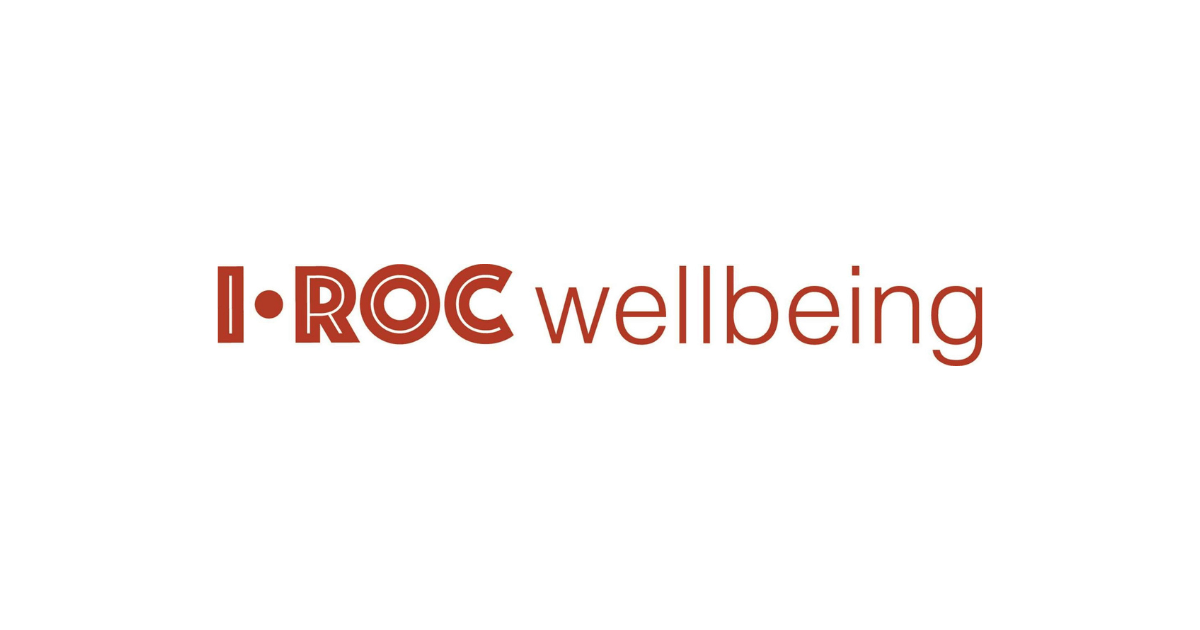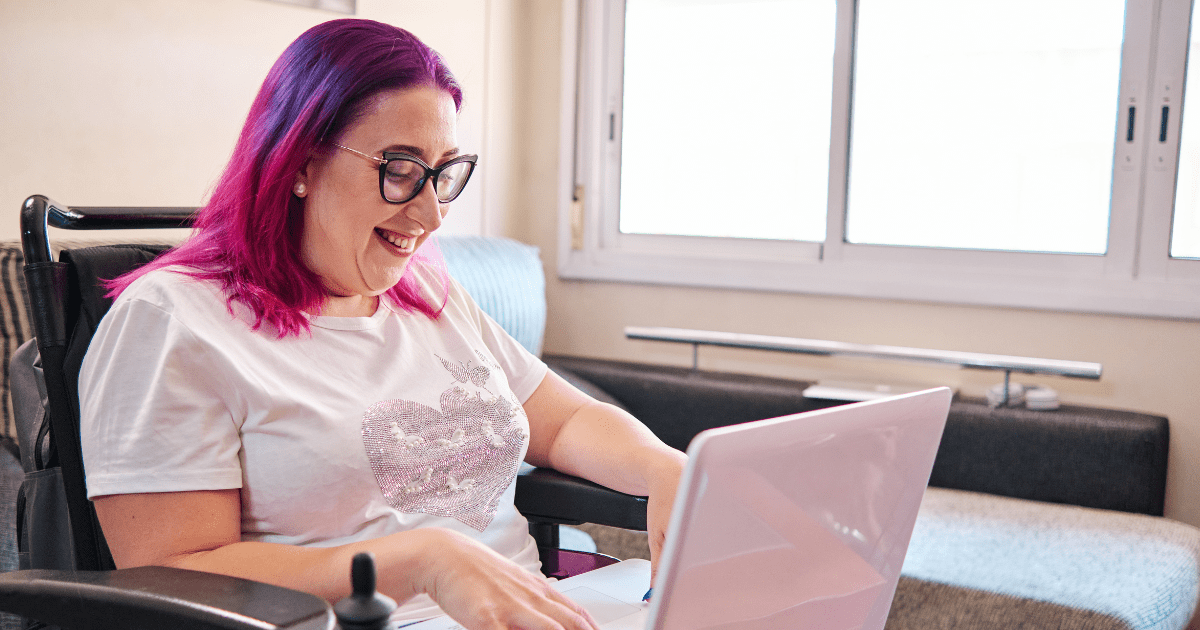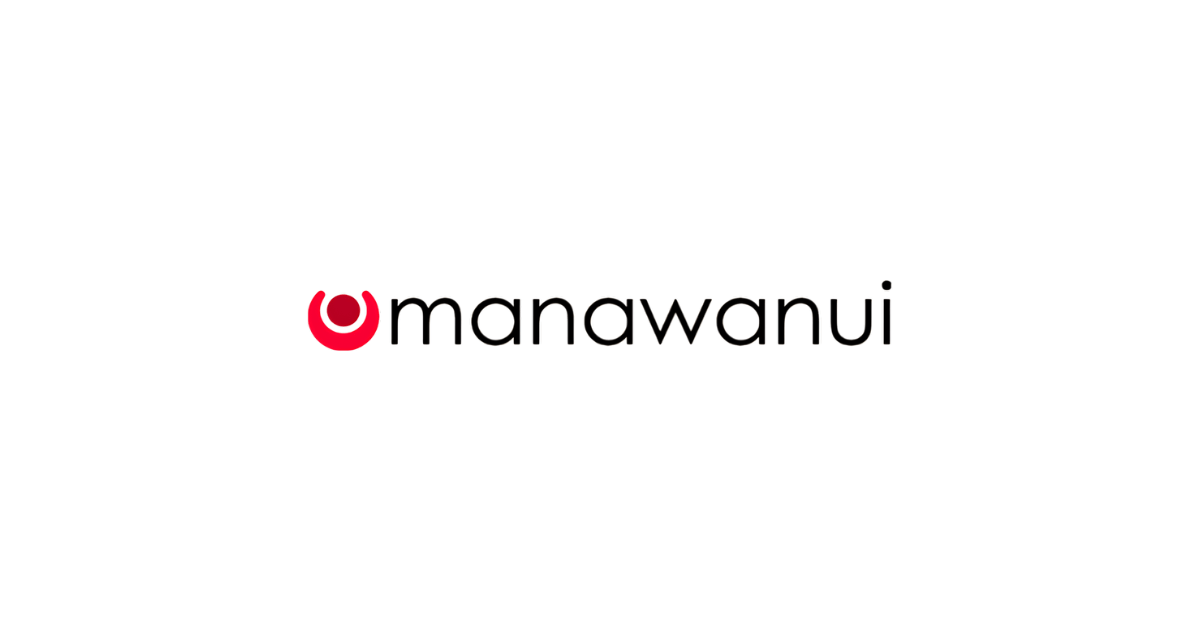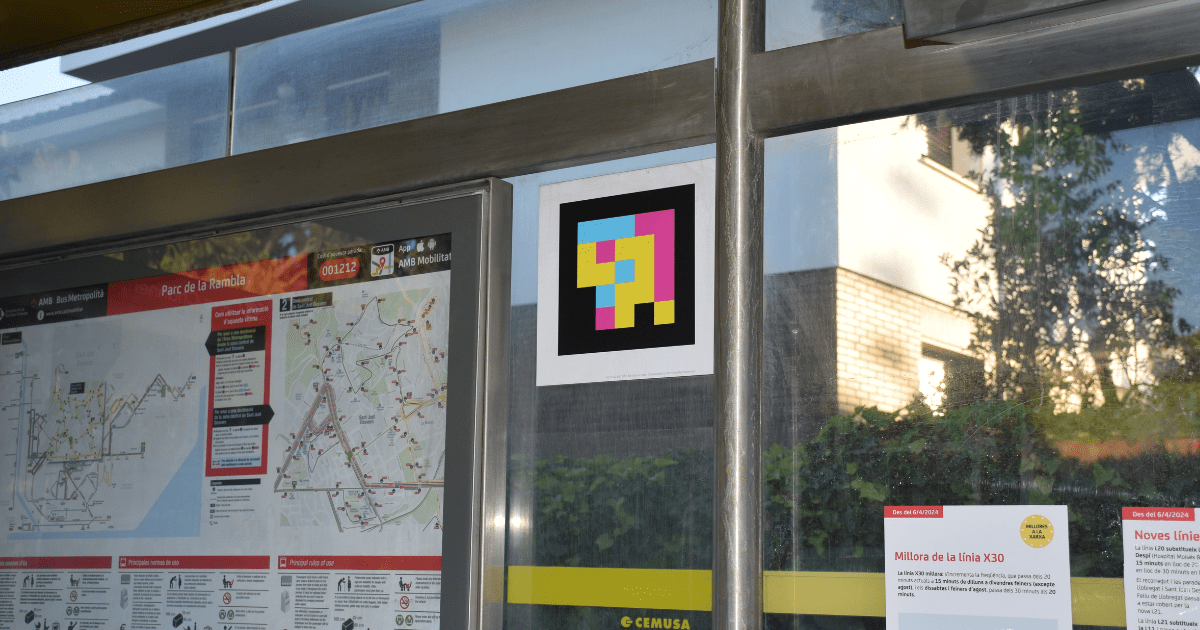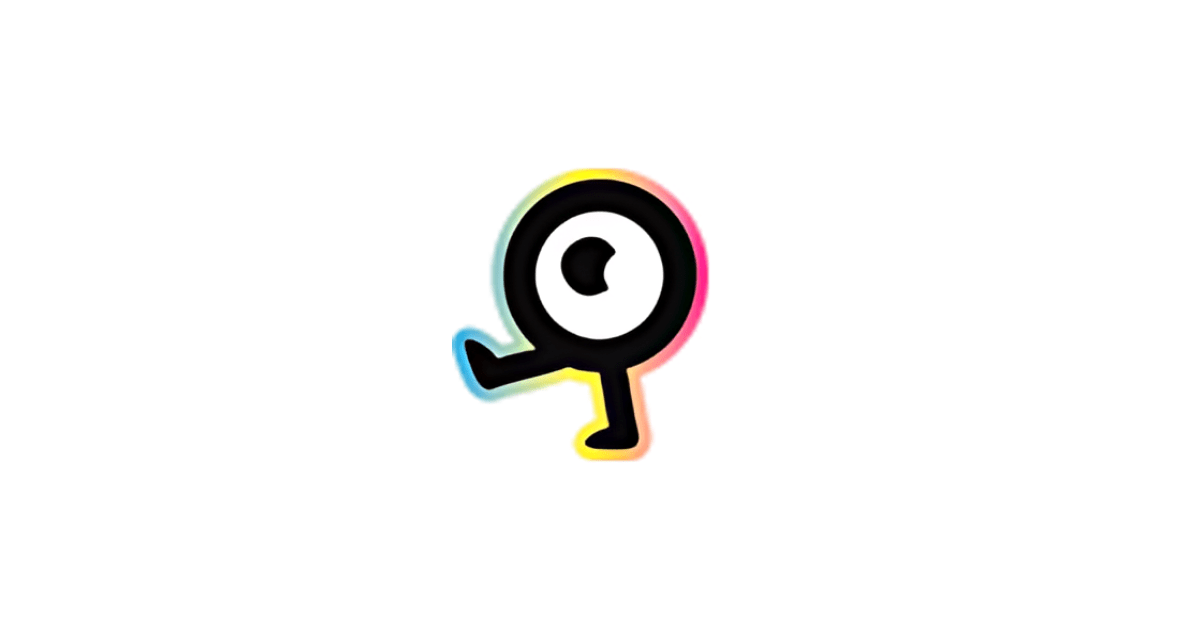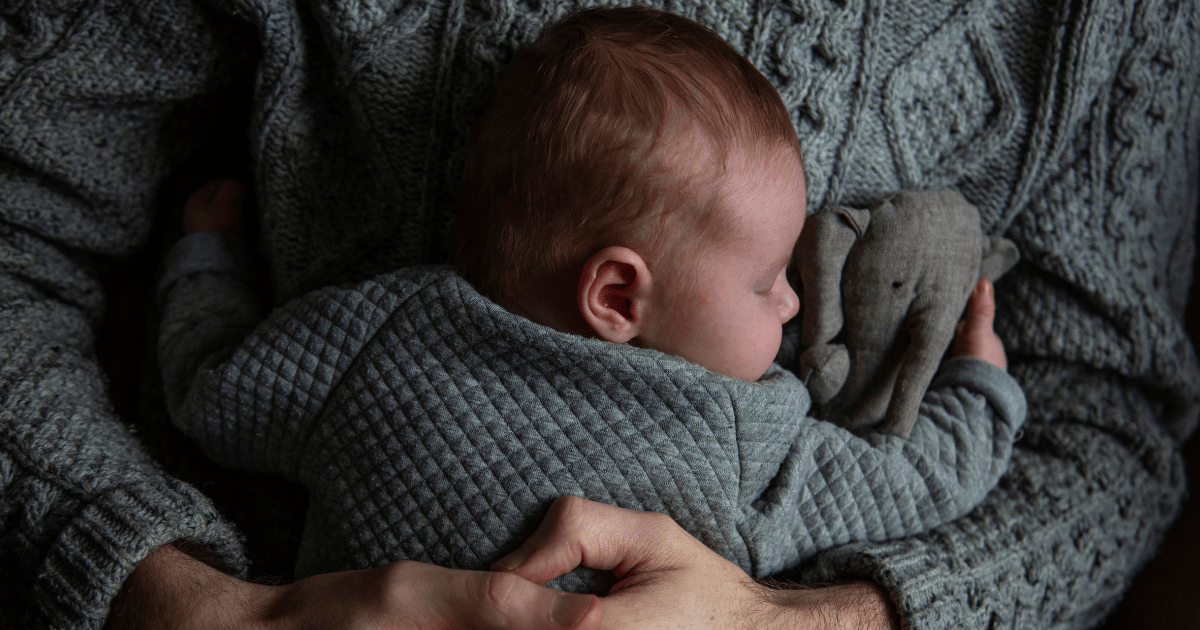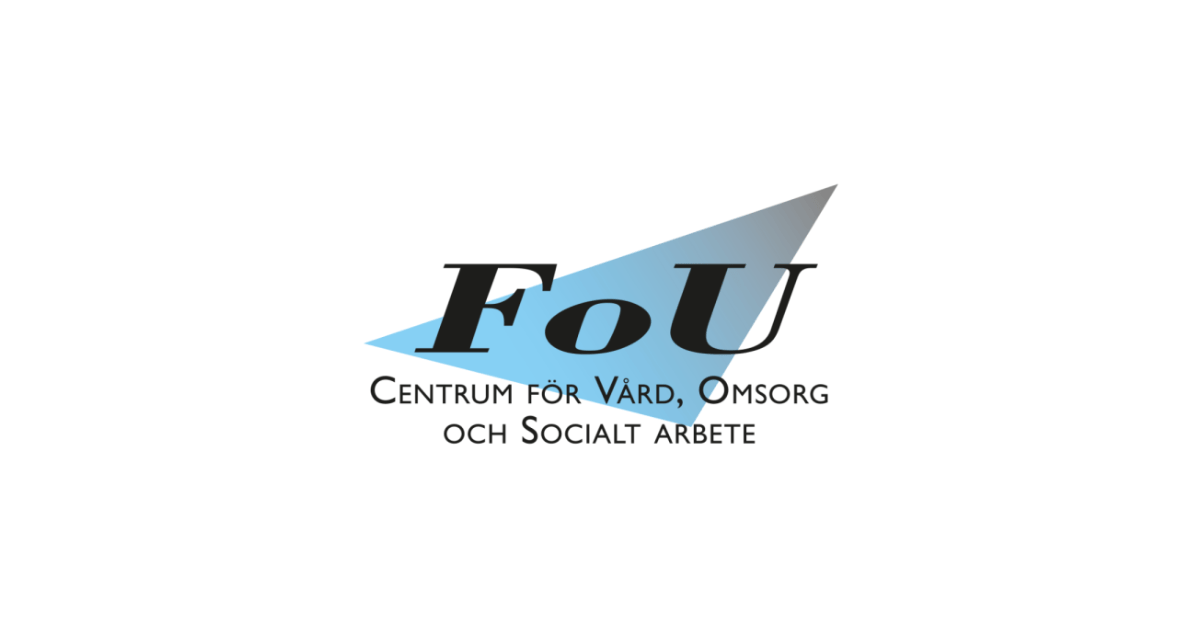TalkLife, a mutual support network for mental health
TalkLife, a mutual support network for mental health
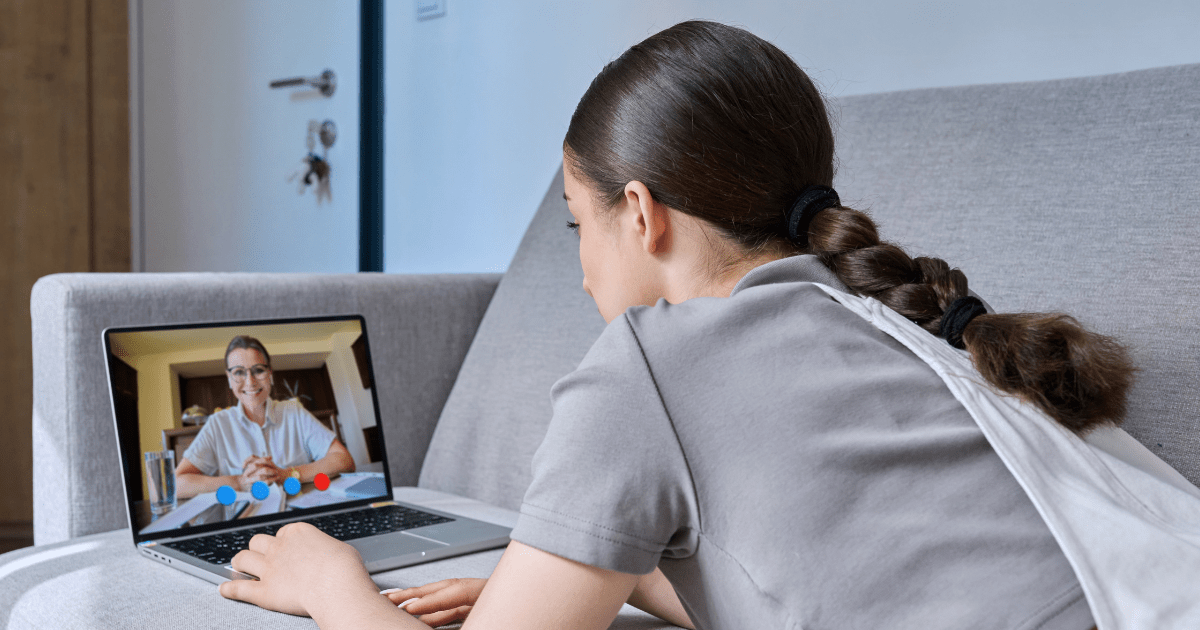
TalkLife is a social support network in the field of mental health that facilitates connections between people from all over the world, allowing them to share their personal issues and provide mutual support in a safe space. It encourages the creation of bonds based on understanding and respect among peers and allows individuals to both give and receive support.
Users can anonymously share whatever is troubling them and receive an immediate answer. Additionally, they have the option to customize their posts by indicating the main topic they want to talk about and detailing how they feel about it, as well as filtering by themes, which helps them easily connect with profiles that have similar experiences. Users can also log how they feel daily and see which emotions they experience the most, enabling them to address these feelings and track their progress.
The platform is coordinated by a team that works together to offer a personalized, accessible, and secure service. This team includes psychologists and psychiatrists who ensure the well-being of users and guarantee that their experience is safe and efficient. They provide a wide range of interactive resources, including articles, videos, and self-help tools, so users have resources to learn how to manage their emotions. The platform also collaborates with professional facilitators who moderate interactions in real-time and provide emotional support to participants.
In addition, the platform has user experience designers who ensure accessible, secure, and simple navigation to maintain the well-being of users. It also has user interface designers who take care of the visual and creative aspects of the platform, providing a clear and attractive structure that offers an enjoyable experience.
The TalkLife platform is part of a digital ecosystem that offers two other platforms, specialized in mental health within more specific areas: TalkCampus, aimed at students, and WorkPlace, focused on emotional well-being in the workplace. Both allow students and professionals, respectively, to share experiences and provide mutual support related to the situations they face. Both connect people globally in an anonymous way and are available in 26 languages.
The TalkLife community allows users to connect with others who are going through similar situations and create peer support networks, encouraging social connections and a sense of belonging to the community.
Location
United Kingdom
Partners / Funders
Jamie Druitt i Andrew Foster
Genesis
This network was designed in Australia in 2012, although its headquarters are currently located in the United Kingdom. It was created in response to the lack of spaces dedicated to emotional well-being and mental health. It is based on a machine learning engine focused on mental health and suicide prevention, which was specifically created as part of the project.
Implementation level
Currently, TalkLife has 2.5 million users. 77% of the total believe that using this platform has made it easier for them to ask for help when they need it. On the other hand, 73% state that their relationships with others have improved and they feel more understood. Additionally, 65% of users feel more positive about the future, and 68% feel more capable of facing life’s obstacles, thanks to using TalkLife.
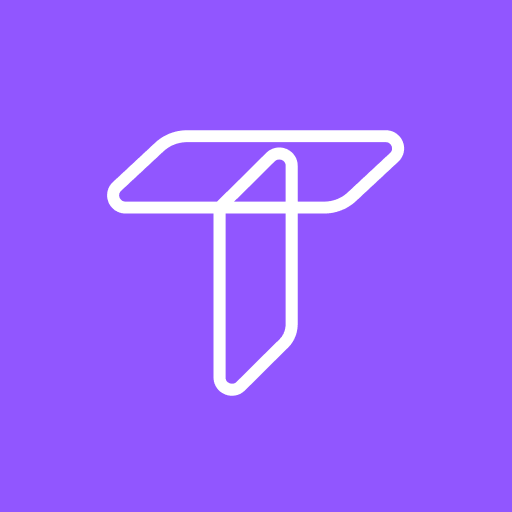
Banc d’innovacions

